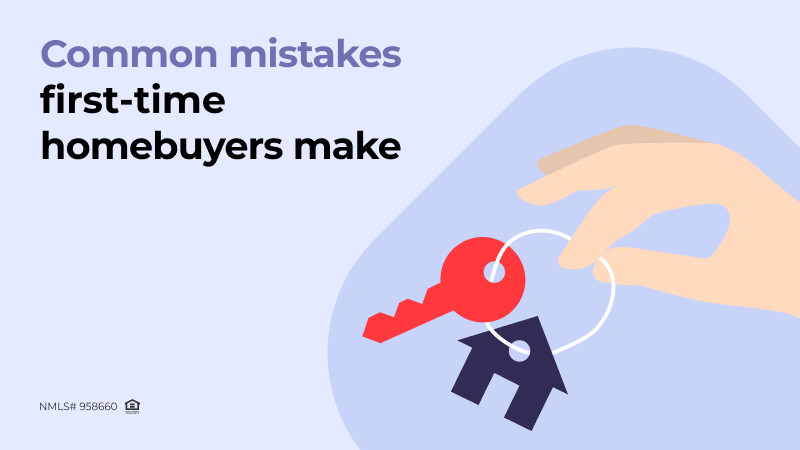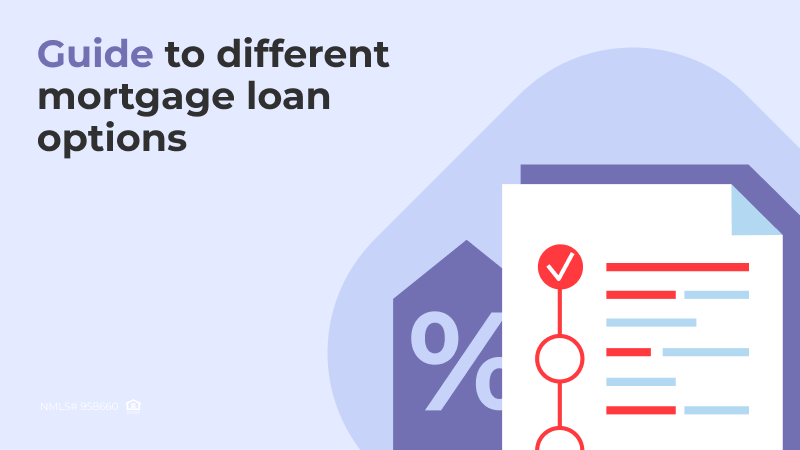Introduction: The journey to homeownership is an exciting adventure, but it’s essential to prepare for the financial aspects that come with closing on your dream home. One crucial aspect is understanding closing costs and fees. These expenses can significantly impact your budget, and having a clear understanding of what they entail is crucial for a smooth homebuying experience. In this comprehensive guide, we’ll delve into the world of closing costs and fees, explaining what they are, why they matter, and how you can estimate them accurately.
Deciphering Closing Costs: What Are They?
- Definition of Closing Costs: Closing costs refer to the various fees and charges associated with finalizing a real estate transaction. They cover services provided by lenders, appraisers, title companies, and others involved in the homebuying process.
- Components of Closing Costs: Closing costs can include a range of fees, such as:
- Origination Fees: Charged by the lender for processing the mortgage application.
- Appraisal Fees: The cost of evaluating the property’s value.
- Title Search and Title Insurance: Fees to ensure the property’s title is clear and to protect against potential ownership disputes.
- Attorney Fees: If an attorney is involved in the closing process, their fees will be included.
- Home Inspection Fees: The cost of inspecting the property for potential issues.
- Recording Fees: Charges for recording the deed and other documents with the local government.
- Escrow and Prepaid Costs: Funds set aside for property taxes, homeowners insurance, and prepaid interest.
Why Closing Costs Matter:
- Impact on Your Budget: Closing costs can be a significant financial burden, often ranging from 2% to 5% of the home’s purchase price. It’s crucial to include these costs in your budget when planning your home purchase.
- Closing Costs vs. Down Payment: While your down payment goes towards the purchase price of the home, closing costs are separate expenses that cover the administrative and service-related aspects of the transaction.
Estimating and Preparing for Closing Costs:
- Request a Loan Estimate: Within three days of applying for a mortgage, your lender is required to provide you with a Loan Estimate that outlines the expected closing costs. Review this document carefully to understand the breakdown of costs.
- Shop Around for Service Providers: While some closing costs are fixed, others, such as title insurance and home inspections, can vary based on the service provider. Obtain multiple quotes to compare costs.
- Negotiation and Seller Contributions: In some cases, you may negotiate with the seller to cover a portion of the closing costs. This is known as seller concessions.
- Closing Cost Calculator: Use online closing cost calculators to get an estimate based on your specific situation. While it won’t be exact, it can give you a ballpark figure to work with.
Conclusion: Closing costs and fees are an integral part of the homebuying process, and understanding them is crucial for a successful transaction. By familiarizing yourself with the components of closing costs, their impact on your budget, and ways to estimate and manage them, you’ll be better equipped to navigate the financial aspects of purchasing your new home. Remember that thorough research and clear communication with your lender and real estate professionals are key to ensuring a smooth closing process and a seamless transition to homeownership.



